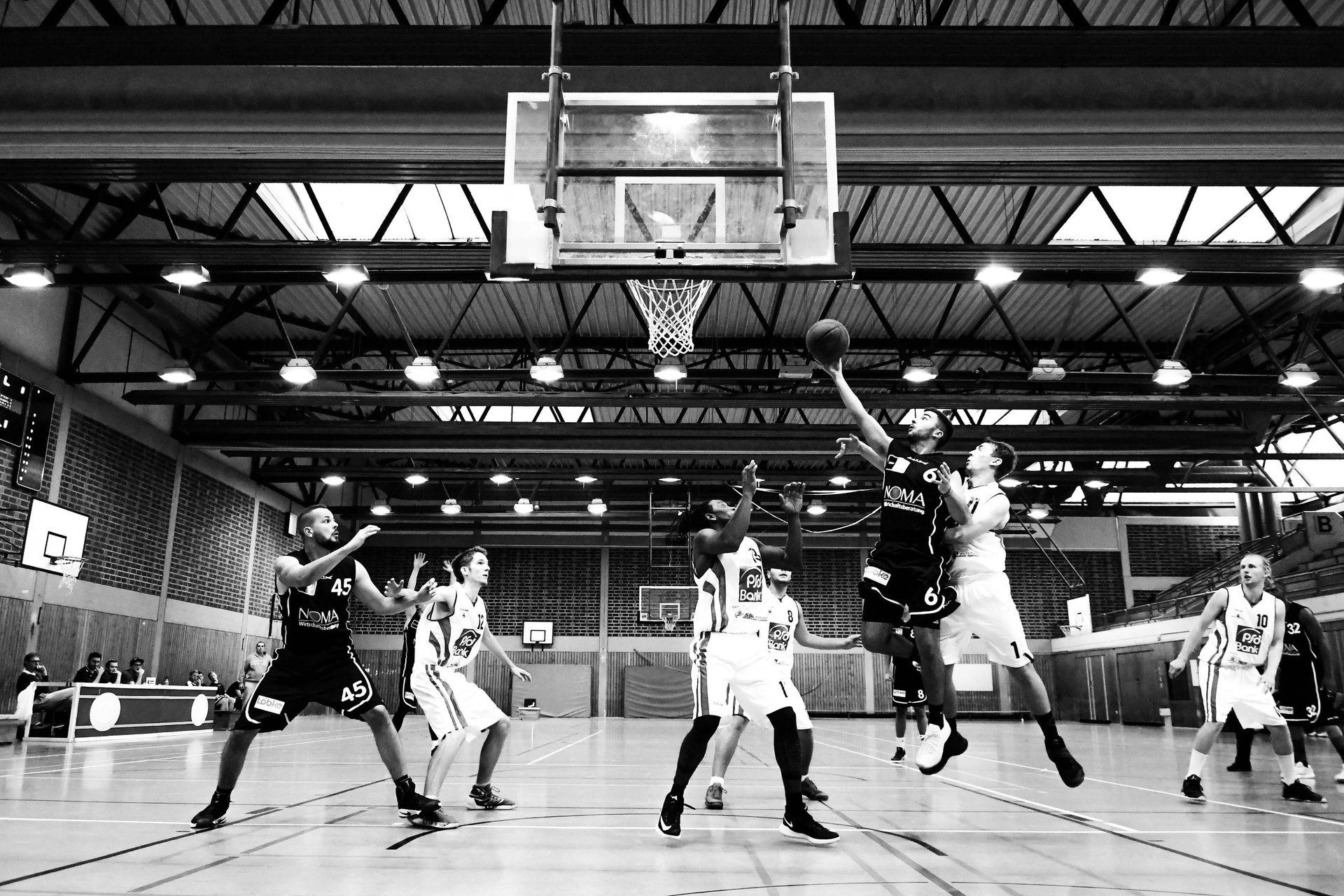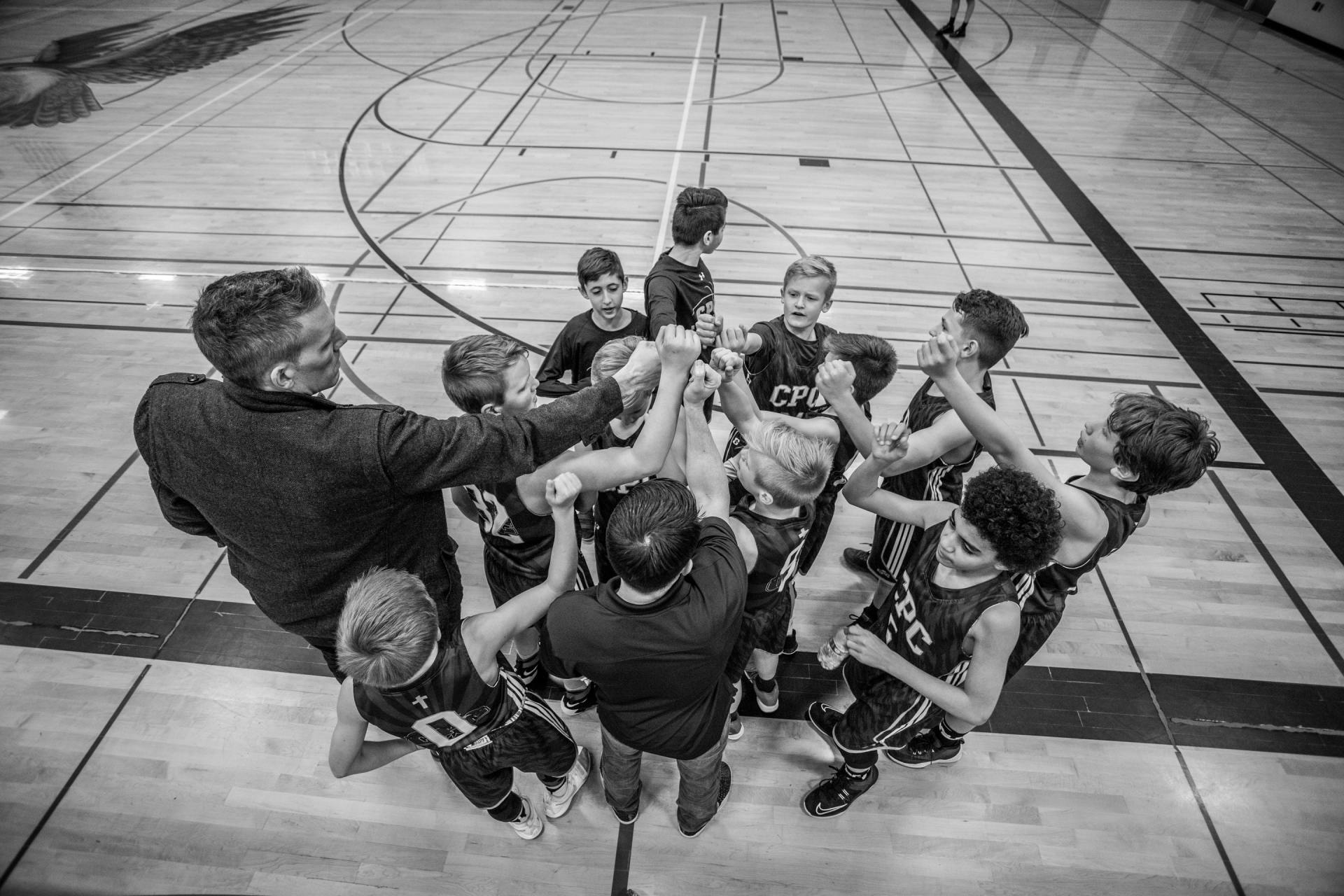Identify the Love
Identify the Love
Basketball is a sport where most people say either you got it or you don’t. Truth be told that same phrase could be referenced across the board for any sport. The unknown can’t be seen from the surface. The substance has many layers. What is the definition or meaning to "if you got it you got it?" Could it be taught or given? All athletes and parents at some point ponder on that exact question. Let’s take a look into the many layers and complexity to that answer.
Love the Game
The love for the game is by far the greatest attribute any player could ever gain and have to set their foundation for success. Either you got it or don’t. Some players are born with that natural love while others fall in love at pivotal moments in their life. Some of the greats started playing basketball late. A portion of players where born into the culture. In the most simplistic form, love conquers, heals, and grows a basketball journey before it could ever deteriorate one. Love isn’t something that has to be forced. Love highlights all the wonderful endings to a promise land causing one to overlook countless amounts of closed doors, un-given opportunities and heartache moments the game of basketball has to offer. Either you got it or you don’t is after thought. Basketball training helps reveal that.
Basketball Trainer
Thorough
basketball training and development will expose if you are cut out to travel the path of becoming a real hooper. The countless hours you spend traveling for AAU basketball. The financial sacrifices families make will determine if you’re cut out for this. The amount of time you spend on the craft will determine solely if you actually love this game. Players who love this sport breath, sleep, and eat the game.
How you respond to a basketball trainer is one of the quickest ways to see if you are cut out for this sport at any competitive level. If you take offense to any training, criticism or mechanical instruction, you are simply in love with the fantasy, not the actual hard-work needed to hone your craft.
Signs of a young player loving basketball are noticeable. Their focus and attention to details is a factor that separates them compared to others. Having a basketball on stand by at all times, is a sign that they love the sport. Staying inquisitive on the subject relating to a round ball that bounces from a dribble of hand eye coordination and rhythm, is a sign that there is a fire burning within. Wanting to work with a qualified basketball trainer to simply get better is a positive sign. Identifying the love of the game is a must!
Valued Investment
Basketball like many sports, provide life changing platforms that can impact your life in a significant way. Parents should pay attention closely. Kids need discipline. Kids need outlets. Kids who have the potential need structure on how to exceed their own thought process of greatness. The concept of being realistic about ones own child is a sensitive subject. Unconditionally loving your offspring, thinking the world of them doesn’t qualify, that they’re destined to find success in the game of basketball. Making a child play versus supporting a child with dreams and ambitions are totally different.
In my opinion, forcing a child to play basketball due to a parents own expectations, is a form of child abuse. Spending large amounts of income on basketball trainer, tournament play, exposure camps and travel is a waste of potential and cherished times, when ultimately a kid doesn’t want it. If you got it you got it. A player's reasons to fall in love with basketball will very determine by the individual.
Players who have potential may not love basketball in the beginning process of development. However, that love grows after they see and appreciate the opportunities of hard work and dedication the sport can provide. Natural potential are god given things and abilities a player might just have. Height, athleticism, the ability to retain information fast are tangibles that are at the basis of a players ability. The problem with potentials - that it’s just that. If potential is not nurtured correctly, you risk losing opportunities like a college scholarship.
Connect with a qualified basketball trainer like A1 Basketball to seek a proper evaluation of your child's skill level. You'll receive a complete checklist to help you determine whether it makes sense to nurture their dream or help guide them down a different path.
You might also like








